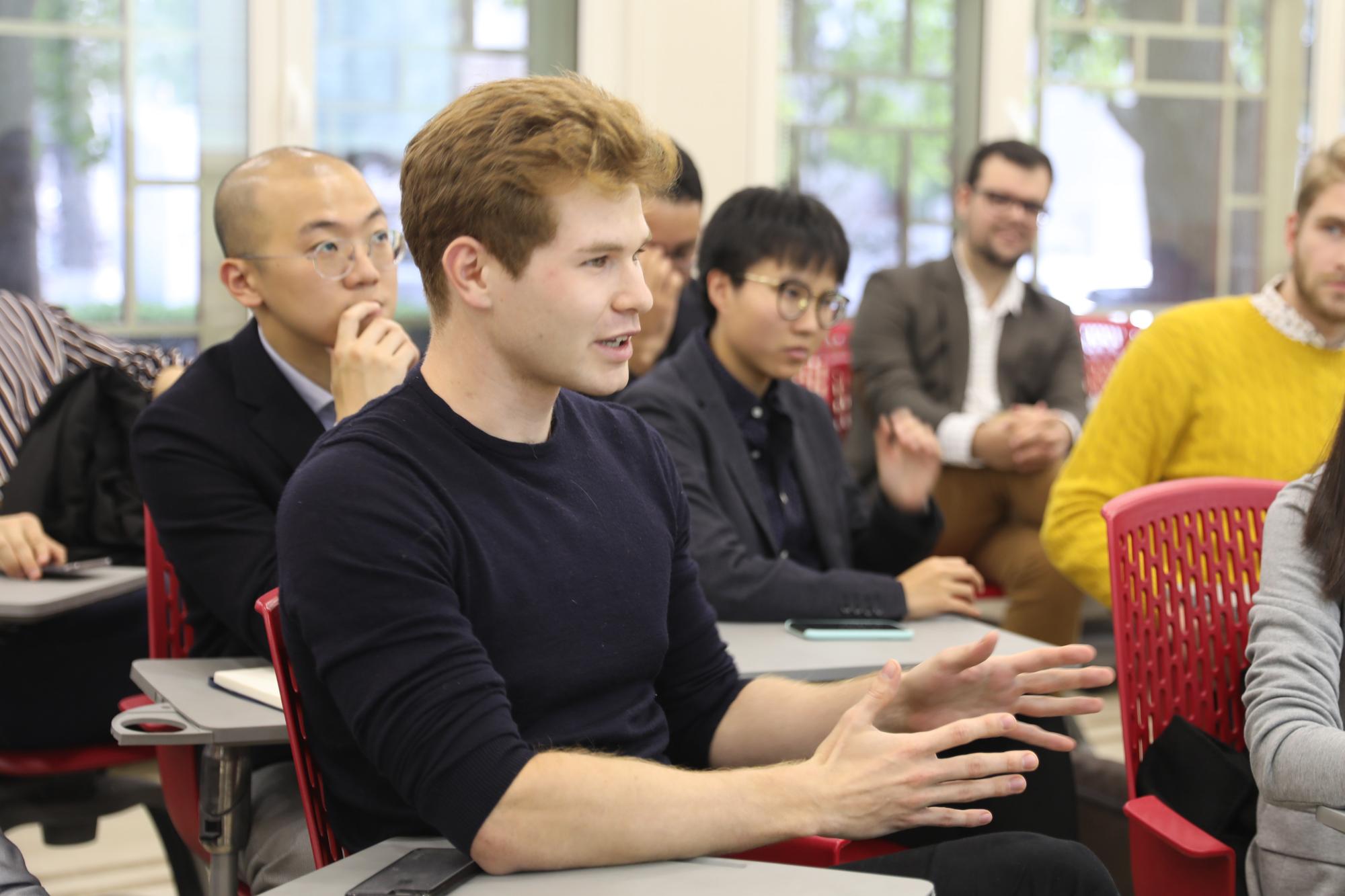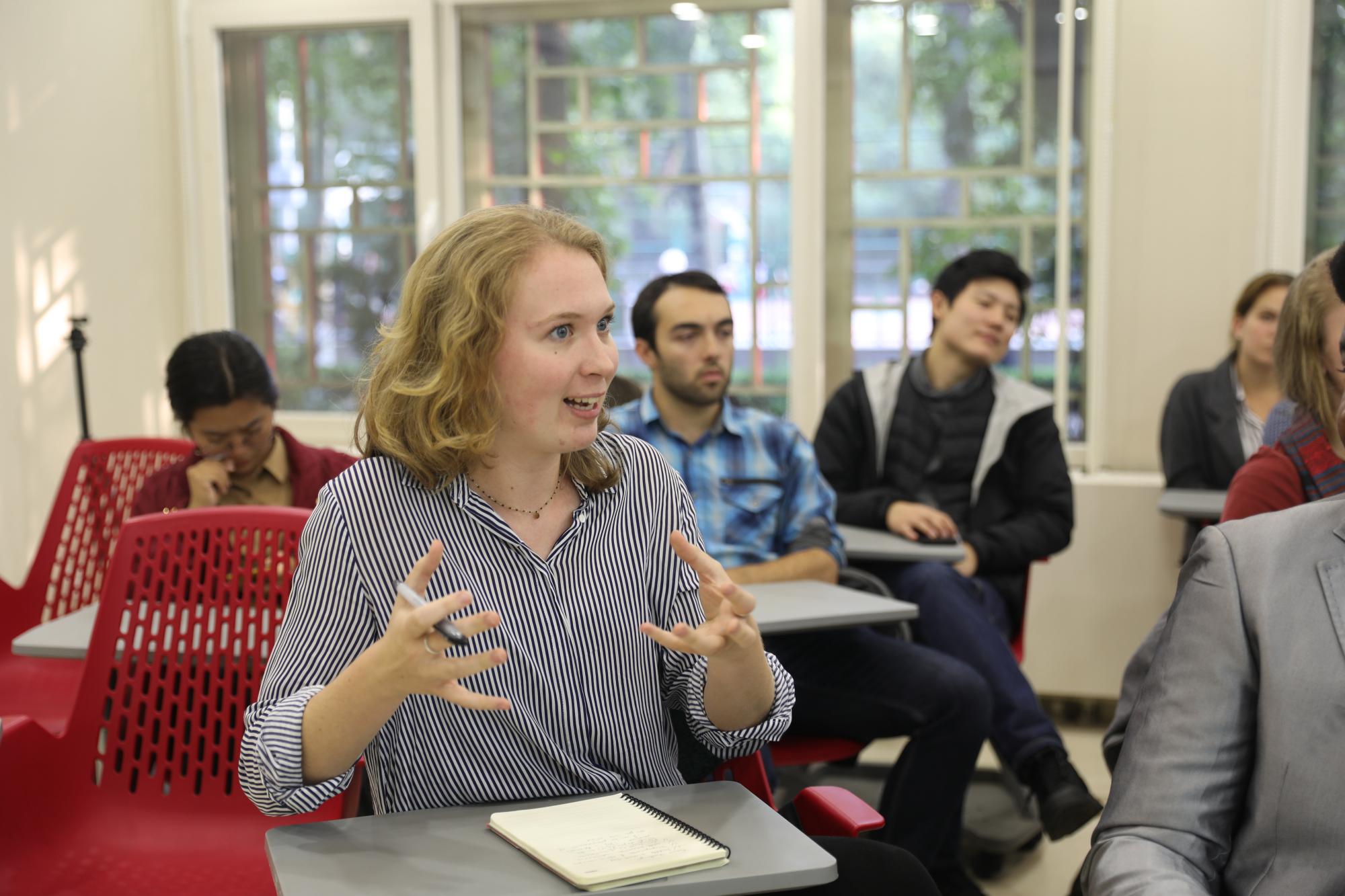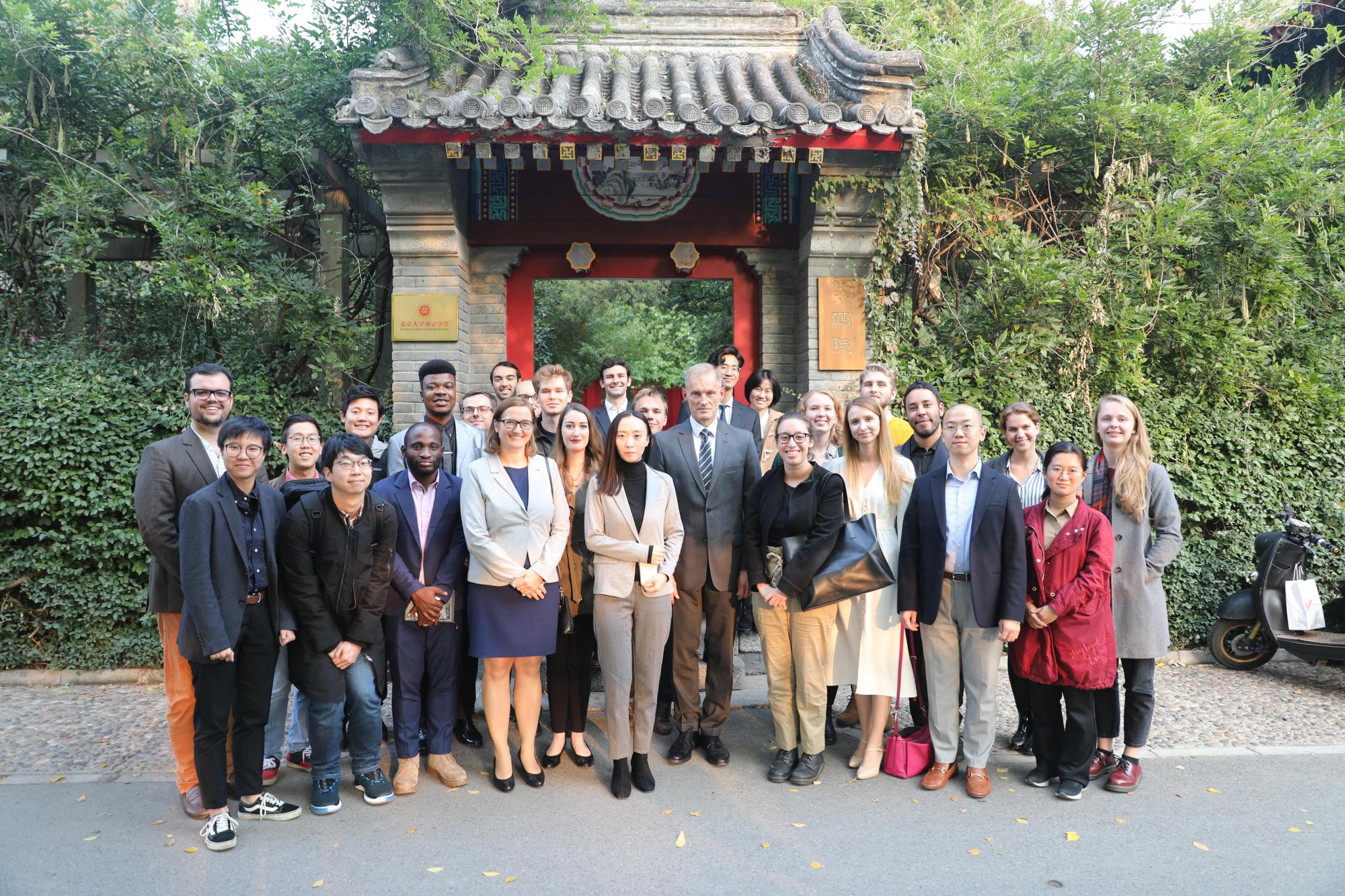China is one the most important international powers in the 21st century. Therefore it is natural that we are interested in China’s history, culture,philosophy, politics, economy, and recent technological achievements.
——Wojciech Zajączkowski
On October 18, the Yenching Academy welcomed a visit from Ambassador Wojciech Zajączkowski of the Republic of Poland, the first speaker in the Academy's Ambassador Series talks of the 2019-2020 academic year. Ambassador Zajączkowski was introduced by Paulina Uznanska, a 2019 cohort scholar from Poland. Ambassador Zajączkowski spoke to scholars on the history of Polish economic and political reforms and challenges in the transformation and for the future.
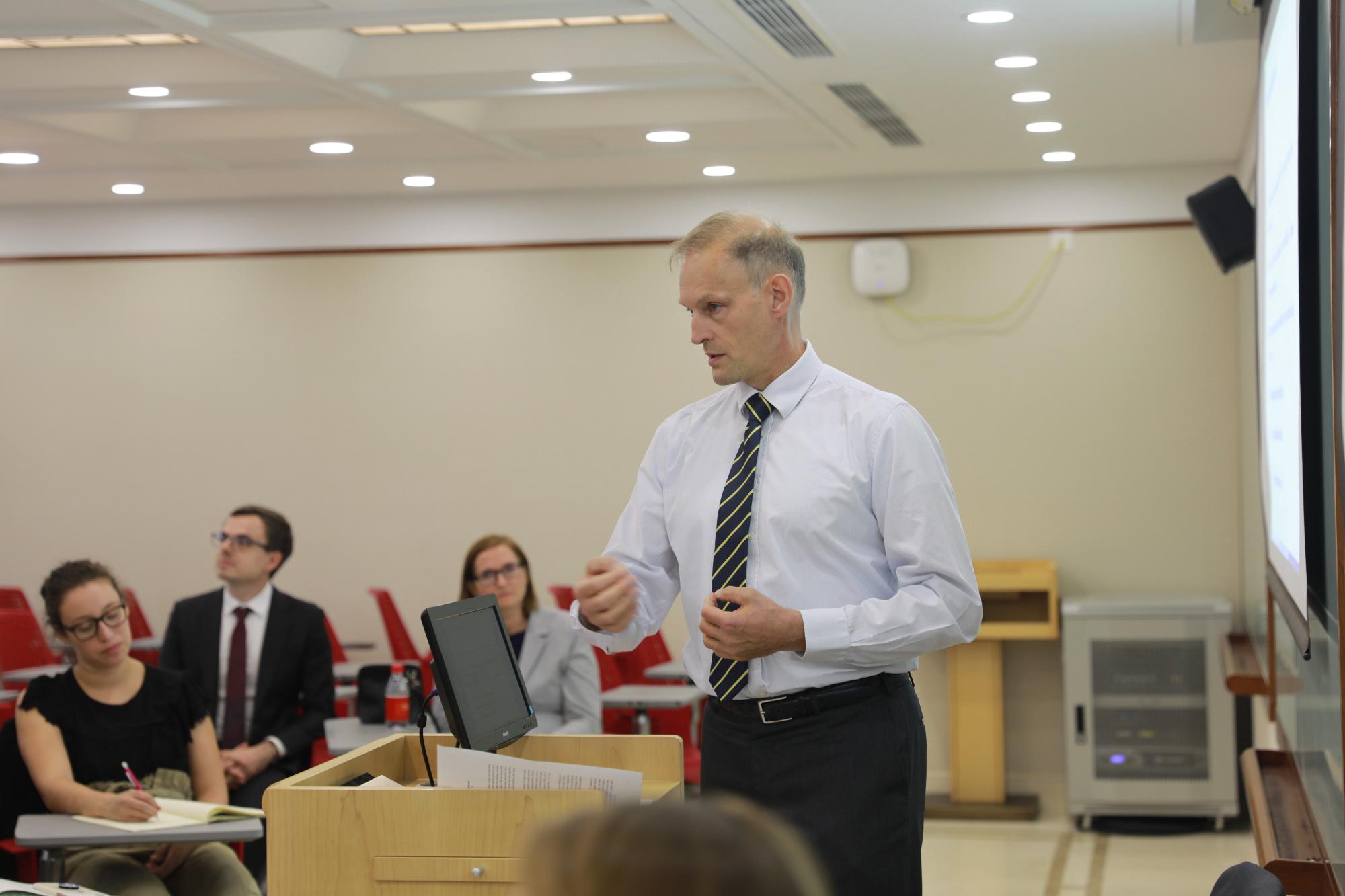
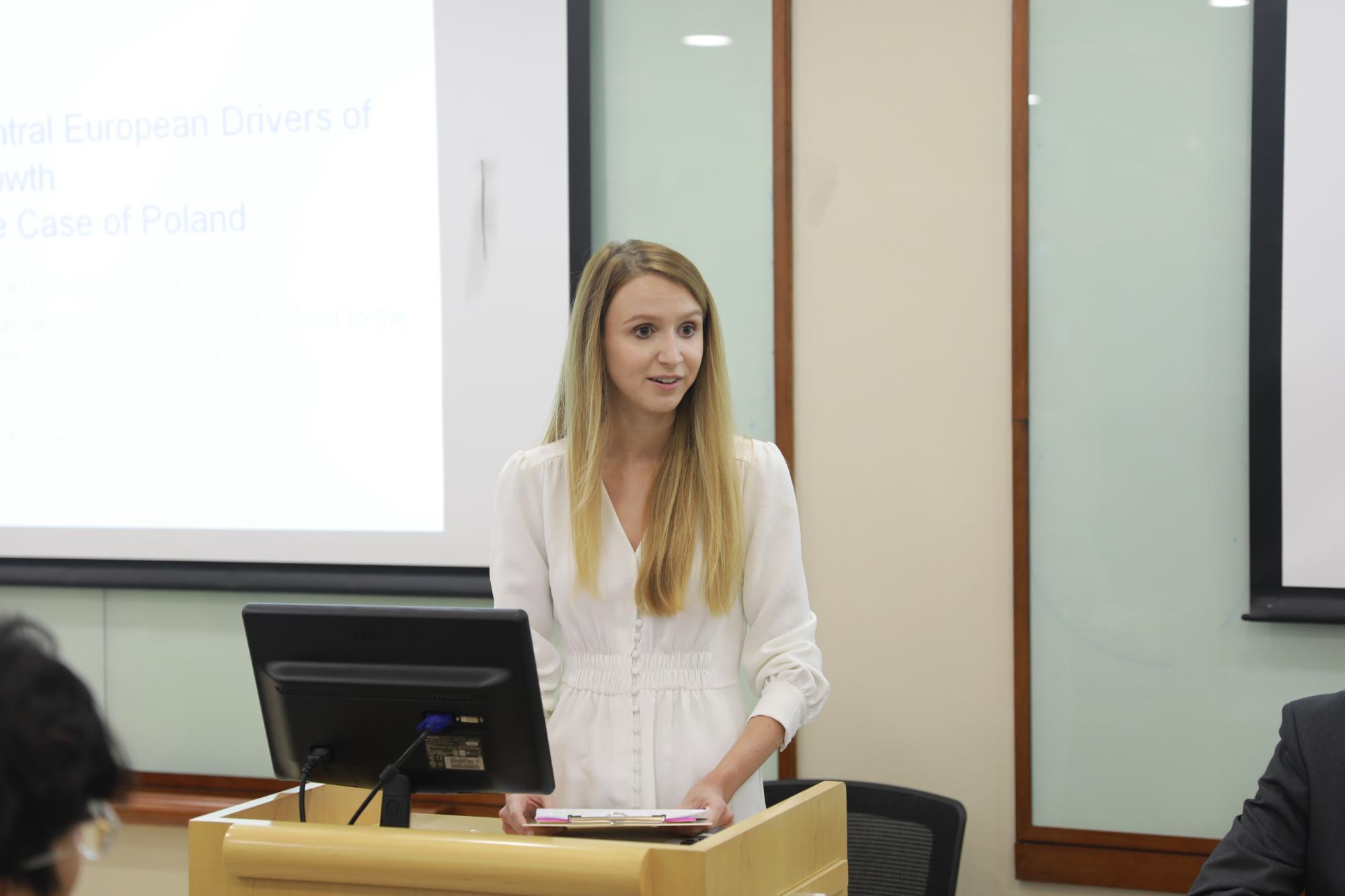
Ambassador Zajączkowski began with an overview of the Polish economic and political history before 1989, the year reforms began. Describing Poland's history as “God's playground,” Ambassador Zajączkowski described the effects of the loss of sovereignty resulting from the Second World War, which included the inclusion of Central European countries into the socialist camp and the resulting coordination of macroeconomic policies with the Soviet Union. He noted that the political system did not allow for the correction of policy errors, which were multiplied across the Soviet bloc and stoked incidents of periodic unrest within different countries of the bloc.
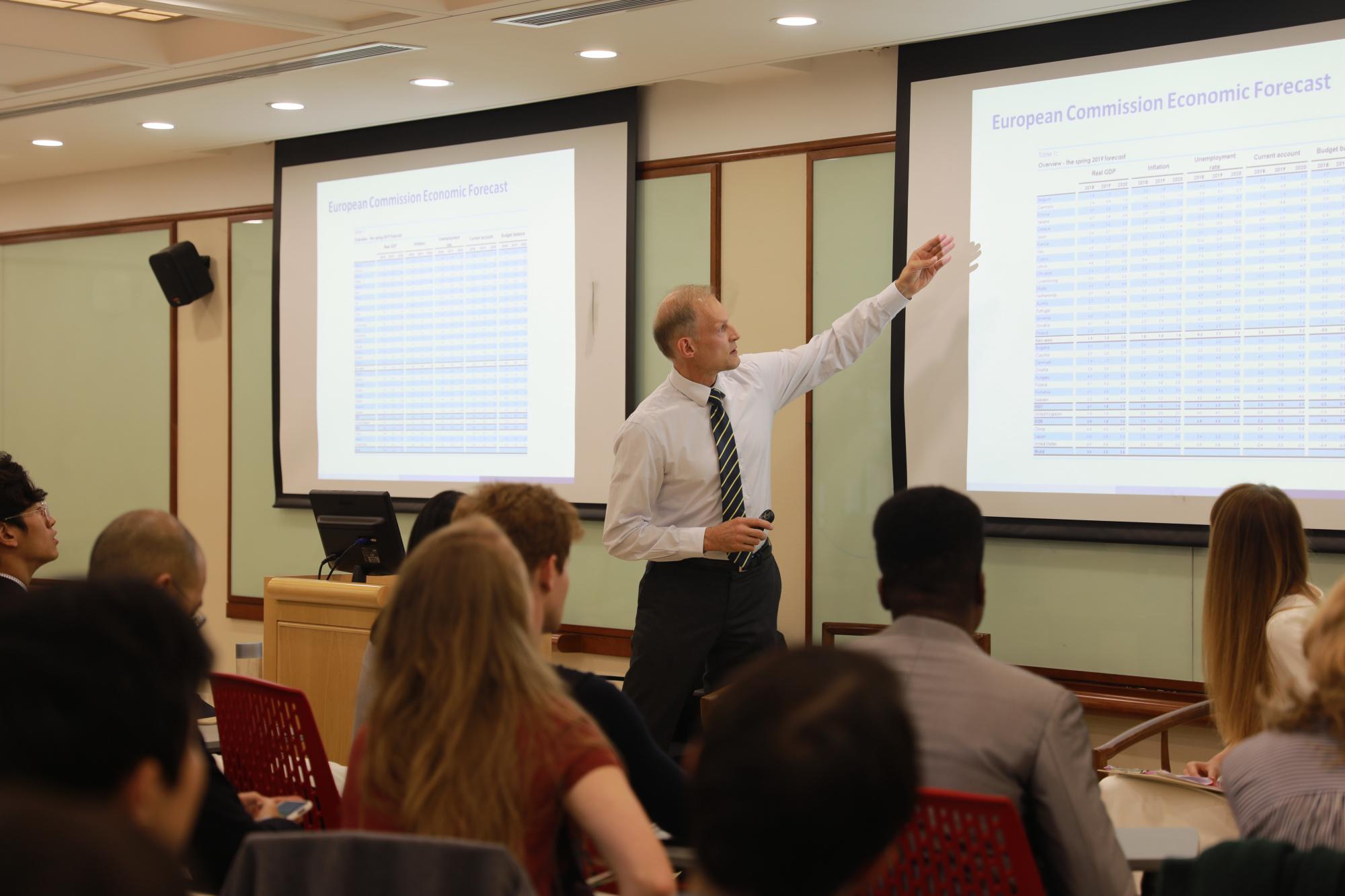
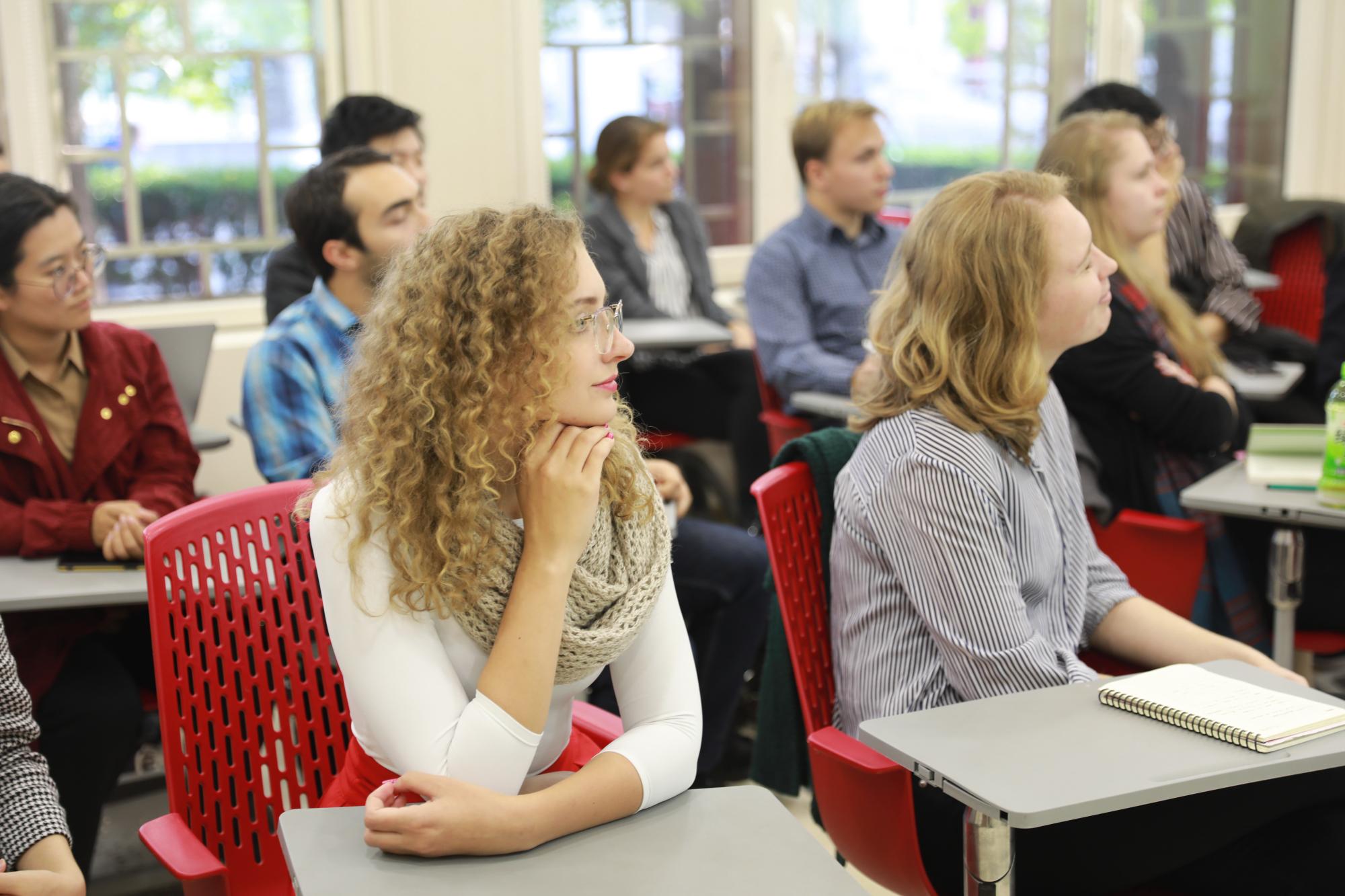
Describing the challenges of the reforms undertaken at the end of the 1980s and the early 1990s, Ambassador Zajączkowski noted the main obstacles to Poland's achieving long-term economic growth: a rapid increase in the poverty rate and a small internal market. He also emphasized three important factors which contributed to Poland's overcoming of these challenges t, which distinguishes the country's economic record from other Central European countries: the restoration of political and economic sovereignty which allowed reforms to take place, the commitment of successive Polish governments to continuing reforms through subsequent decades, and a diversified economy marked by entrepreneurial spirit and a lack of oligarchic dominance of the emerging Polish market economy. Moreover, Ambassador Zajączkowski pointed to two seminal events in Polish political economic history: the beginning of reforms in 1989, and the accession of Poland to the European Union in 2004, which signaled the country's rejection of autarky and the beginning of the country's integration into the European project, with the attendant flow of foreign investment and human capital.
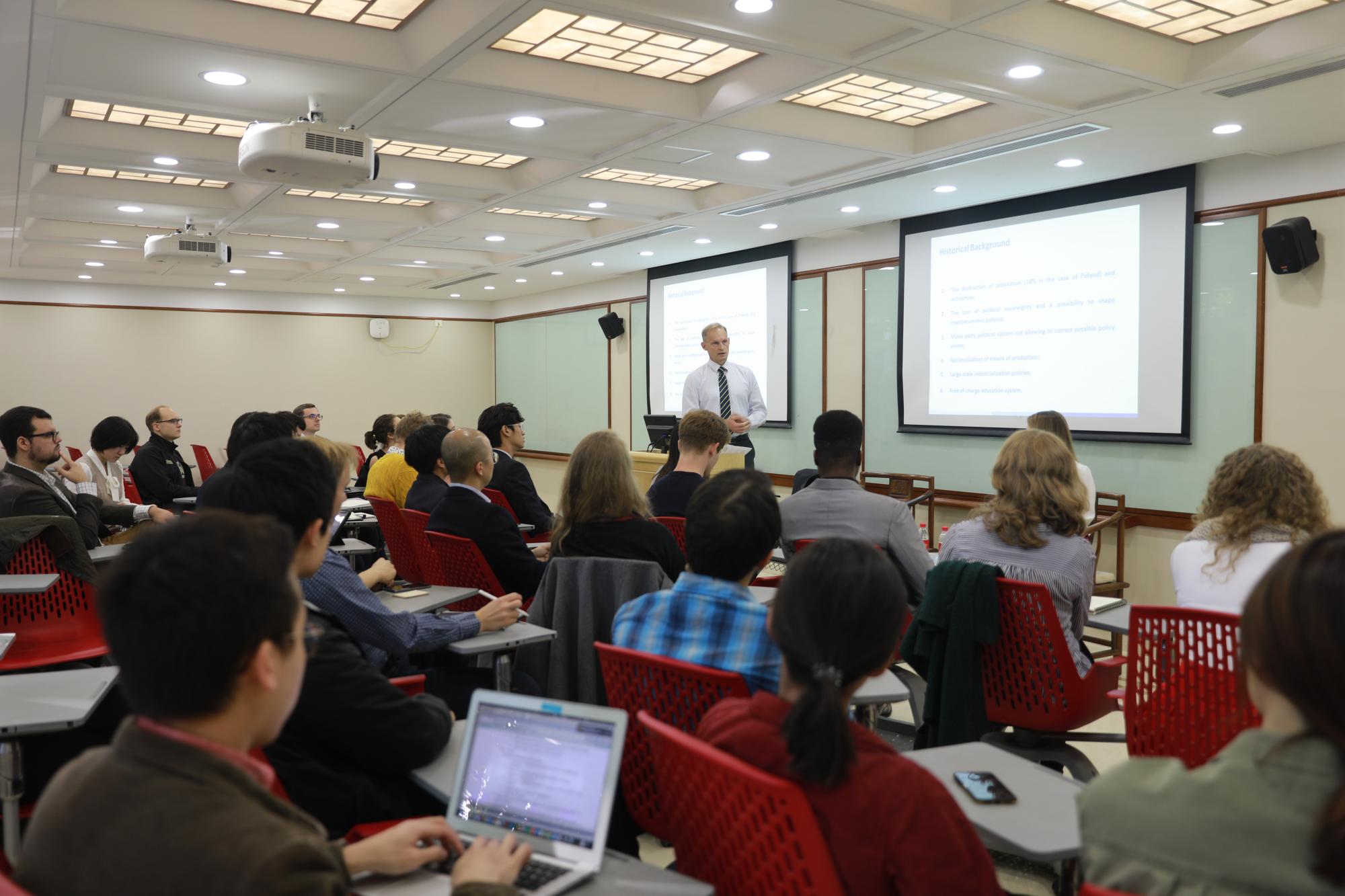
In concluding his talk, Ambassador Zajączkowski identified several challenges for the future of Poland. While he noted that Poland was the only country in Central Europe to avoid recession during the global financial recession of 2008, he also observed that Poland faced similar challenges to China, such as escaping the middle-income trap, population aging, and a lack of innovation.
